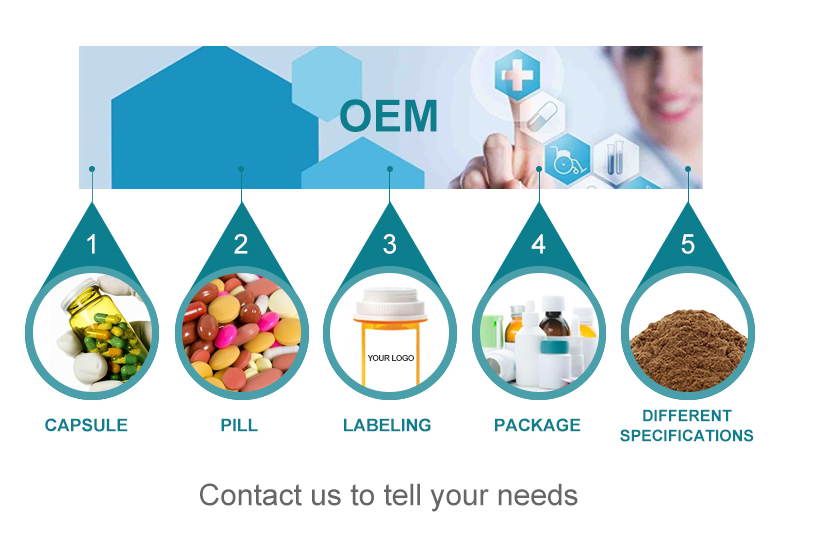The fermentation bed keeps pace with the times and the golden treasure builds harmony
Currently, the aquaculture industry widely uses concrete floors, which have played a significant role in advancing society. However, modern people living in the "concrete jungle" are increasingly aware of the drawbacks of such environments, and animals are no exception. Concrete is an entirely artificial inorganic material with no self-cleaning or absorption properties. As a result, pig pens made of concrete often accumulate waste—such as pig manure, leftover food, and litter—which can lead to bad smells. To keep the environment clean, frequent cleaning is required, often involving large amounts of water and sometimes chemical agents. This process not only increases waste but also adds to environmental pressure, almost like creating garbage on purpose. In contrast, fermentation bed systems offer a more sustainable solution. These beds allow for automatic waste management, making the process much cleaner and efficient. Why? Because what we call "waste" is actually untapped potential. Nature doesn't produce garbage; everything has a purpose. For example, pig manure is rich in nutrients and serves as excellent food for microorganisms. Functional microbes, such as those found in fermentation bedding systems, break down undigested manure and urine, effectively eliminating odors while promoting the growth of beneficial bacteria like actinomycetes, yeast, and fungi. During the fermentation process, pig manure and urine mix with the bedding material, transforming into valuable substances like polysaccharides, crude protein, amino acids, and vitamins. These can be used as feed or fertilizer, supporting both plant and animal life. In this system, pigs provide nutrients to the microbes, and in return, the microbes supply the pigs with essential proteins, minerals, and nutrients. This creates a balanced ecosystem where all elements coexist and thrive together, forming a true ecological chain. Functional microbes act as the central hub of this transformation, acting like natural "scavengers" that clean up the environment. As they consume pig waste, their population grows, enhancing the overall microbial activity in the pen. Fermentation beds use advanced technology to manage pig farming, with microbes serving as the "administrators" and "nurses" of the system. They efficiently utilize otherwise unused nutrients, producing the best ecological and economic outcomes. Pigs raised in these systems live in clean, odor-free environments that can even smell pleasant, sometimes with a subtle scent of fermented materials. Both the farmers and the pigs benefit from this harmonious setting, where sustainability and well-being go hand in hand. Esculin Powder is A bitter. Naringin dihydrochalcone obtained by hydrolysis and hydrogenation is a Sweetener, and its sweetness is about 150 times that of sucrose.
Product Name: Esculin Powder
Other Name: Horse Chestnut Extract
Part: Bark
Grade: Food & Medicine Grade
Appearance: White crystalline powder
Specification: 98%
Test Method: HPLC; UV
1. Anti-inflammation,Anti-cancer, Ease pain, Anti-arrhythmic, Anti-histaminic, Anti- cruor . Esculin is a glycoside composed of glucose and a dihydroxycoumarin compound ;
Why Choose us?
Product Recommended
Resveratrol 98%,Esculin Powder,Hesperidin Powder,Hesperidin 98% Xi'an Tian Guangyuan Biotech Co., Ltd. , https://www.tgybiotech.com
It has anti-inflammatory, antibacterial, anti hemagglutination, analgesic and other activities, and has significant diuretic effect on mice. It can inhibit the aldose reductase of rat lens, and it is the growth inhibitor of Bacillus subtilis. At the same time, it can also inhibit the chemical carcinogenesis. It can inhibit the increase of capillary permeability caused by histamine and has a weak analgesic effect. At the same time, it has antibacterial, anticoagulant and inhibition of aldose reductase in rat lens.

Esculin, also rendered Aesculin or Asculin, is a coumarin glucoside that naturally occurs in the horse chestnut (Aesculus hippocastanum), California buckeye (Aesculus californica), prickly box (Bursaria spinosa) and in daphnin (the dark green resin of Daphne mesereum). It's also found in dandelion coffee.

2. Esculin is a product of a coumarin derivative extracted from the bark of flowering ash (Fraxinus ornus;
3. Esculin is used in the manufacturing of pharmaceuticals with venotonic, capillary- strengthening and antiphlogistic action similar to that of Vitamin P.
